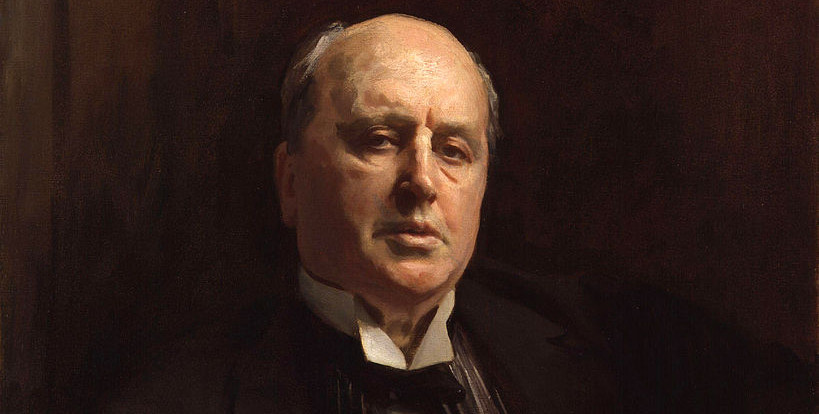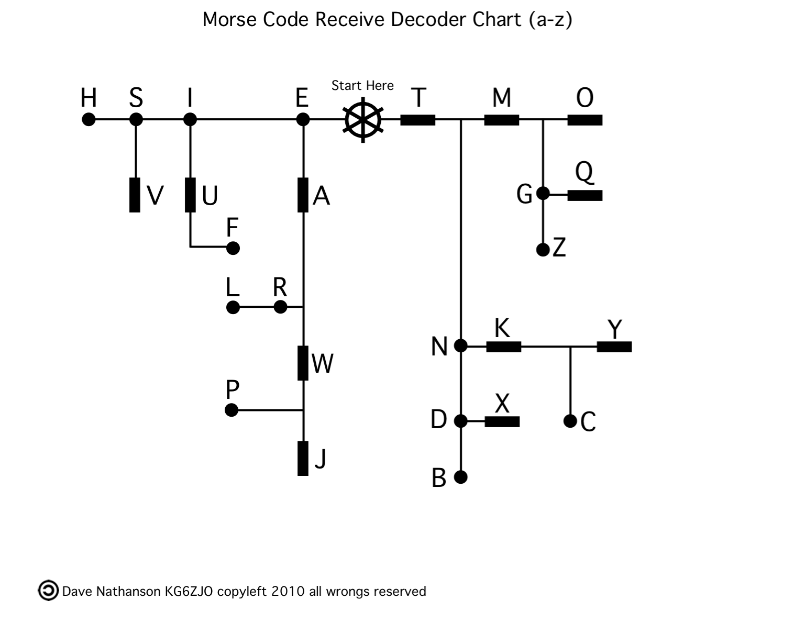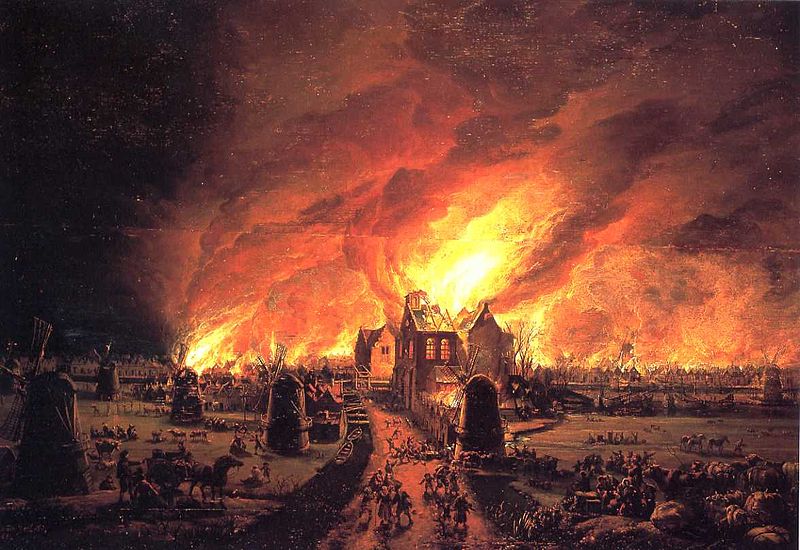armisonous
adj. resounding with arms
The Battle of the Somme began with a weeklong artillery bombardment in which more than a million shells were fired at the German lines. A soldier describes the first day:
The sound was different, not only in magnitude but in quality, from anything known to me. It was not a succession of explosions or a continuous roar; I at least, never heard either a gun or a bursting shell. It was not a noise; it was a symphony. And it did not move. It hung over us. It seemed as though the air were full of vast and agonized passion, bursting now with groans and sighs, now into shrill screaming and pitiful whimpering … And the supernatural tumult did not pass in this direction or in that. It did not begin, intensify, decline and end. It was poised in the air, a stationary panorama of sound, a condition of the atmosphere, not the creation of man.
At the Battle of Messines in June 1917, 19 mines comprising 600 tonnes of explosives were detonated, producing the largest man-made explosions in history to that date. One witness recalled that the “earth rocked as though a giant hand had roughly shaken it.”
(John Ellis, Eye-Deep in Hell, 1989, via Joy Damousi et al., eds., Museums, History and the Intimate Experience of the Great War, 2020.)






